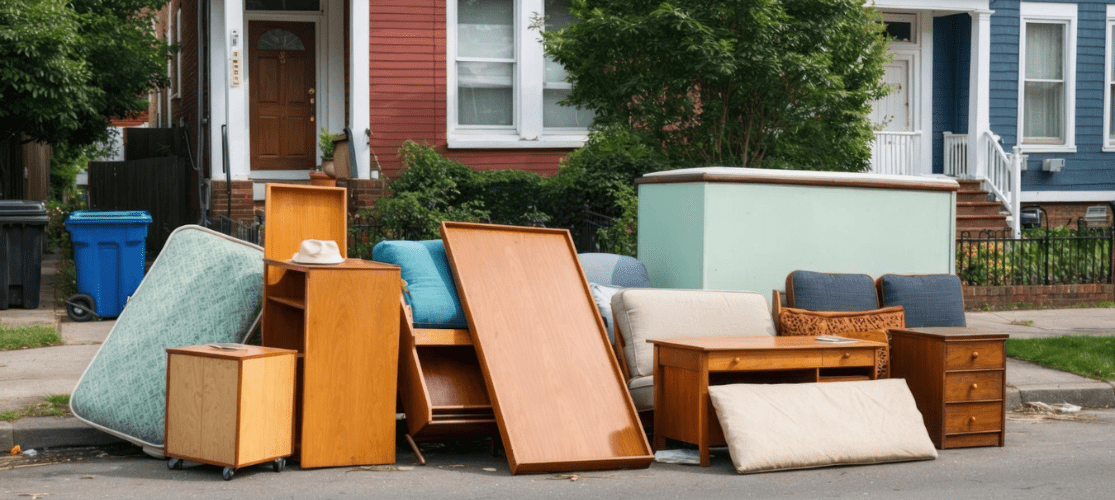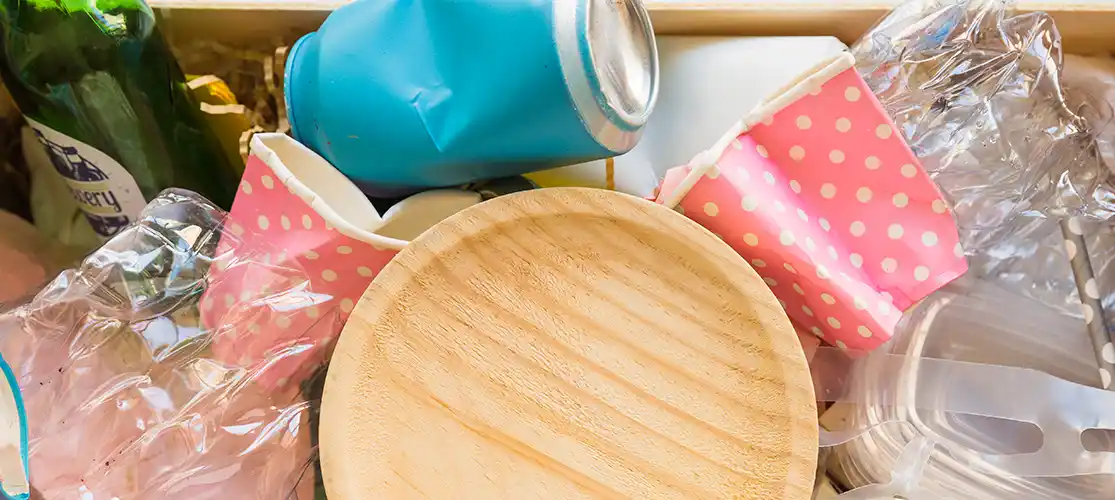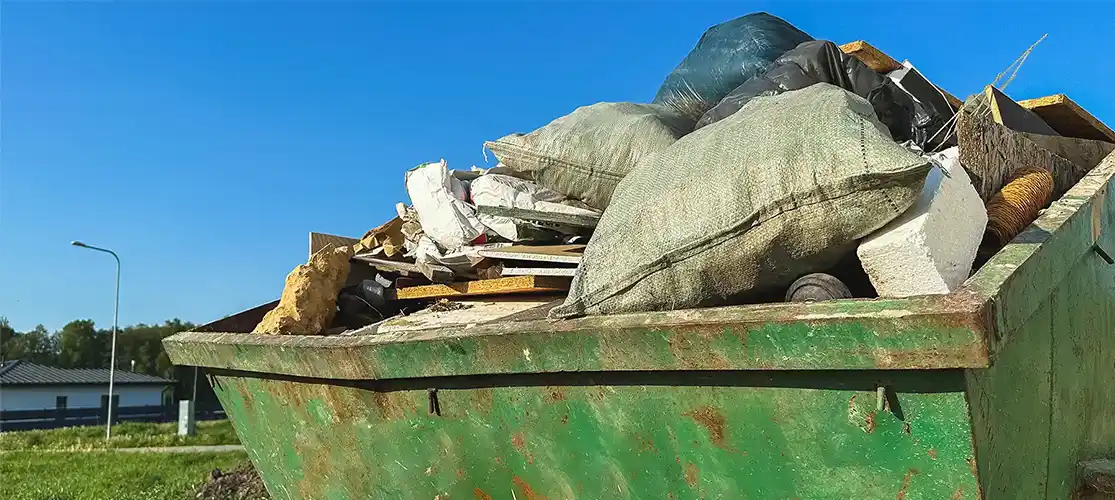Clean air zones. A relatively new phenomenon in the UK. But with outdoor pollutants estimated to contribute towards 40,000 excess premature deaths per year in the UK, and costing the economy upwards of £20 billion annually, it’s no wonder why they’ve started becoming more used across the country. In this article we are going to explore clean air zones, why they’re needed, and the threats and opportunities that come with them.
What is a clean air zone?
A clean air zone is an area within a city where the local authority has implemented measures to help improve the air quality. The most common type of clean air zones are charging zones. Non-compliant vehicles will have to pay a fee to drive within these zones. There are also non-charging clean air zones, in which measures such as retrofitting certain vehicles with pollution controls, traffic-flow management to reduce vehicle emissions, and rerouting traffic are used to improve the air quality in these areas.
According to the RAC, clean air zones have currently been implemented in Bath, Bristol, and Birmingham, and there are Low Emissions and Ultra Low Emissions zones in London.
Clean air and waste management
At first glance, you wouldn’t think that clean air zones and waste management services would be linked. However, that is not the case. Improper waste management has a negative impact on the number of emissions released into the air. For example, according to the Department for Environment, Food & Rural Affairs, emissions increased by 0.5 million tonnes CO2e in 2020 because of the disruption of waste collections and increased amounts of residual waste generated in the home due to the COVID-19 pandemic.
Era Environmental reports that waste placement and handling is also a source of air pollution by particulate matter, depending on the type of waste that is produced. They state that if the waste is wet, the pollutants are less likely to become airborne.
The skip industry and waste management
The skip industry plays an essential role in waste management, providing an efficient and convenient solution for the disposal of various types of waste. Skips come in a range of different sizes, making them versatile for both residential and commercial use. They are used for construction and demolition waste, household waste, green waste, and much more.
However, the collection and transportation of waste generate emissions and contribute to air pollution, which has raised concerns regarding the environmental impact of the skip industry.
Are clean air zones a threat to the skip industry?
From the perspective of the skip industry, the implementation of clean air zones can initially appear as a threat. Restricting the entry of high-emission vehicles may lead to higher operational costs because of the need to invest in more eco-friendly alternatives (such as electric or hybrid vehicles). These changes and higher operational costs could drive the prices of skip hire up for customers, which could pose challenges to smaller skip hire companies.
Clean air zone opportunities for the skip industry
However, it’s important to realise the potential opportunities that clean air zones can bring to the skip industry. Instead of viewing these zones as obstacles, skip companies can embrace these changes to enhance their environmental and sustainability initiatives and create a competitive advantage.
Investing in green fleets
Embracing electric or hybrid skip lorries not only complies with clean air zone regulations, but also reduces operating costs in the long term. These green vehicles can be promoted as a sustainable choice, attracting environmentally-conscious customers.
Waste diversion and recycling
Skip companies can focus on waste diversion and recycling efforts to reduce the amount of waste going to landfills. This environmentally responsible approach can enhance a company’s image, and appeal to ecologically conscious customers. Here at EJ Shanley, we are proud of our recycling centre, as it means that the waste from every skip that we collect is sorted and recycled at our own premises. This means that we can control how the waste is disposed of, and ensure that it is recycled where possible.
Adopting efficient routes
Through the use of modern technology, we can optimise skip delivery and collection routes, minimising vehicle emissions and fuel consumption.
Educating customers
Skip companies can educate their customers about the consequences of improper waste disposal practices, encourage recycling and share their initiatives towards a more eco-friendly operation, improving customer opinion and helping to reduce the amount of incorrect waste disposal.
A sustainable future
Clean air zones, though initially seen as a challenge, present an opportunity for the skip and waste management industry to evolve and contribute to a more sustainable future. By embracing environmentally friendly practices and vehicles, skip companies can not only adapt to new regulations but also lead the way in reducing the environmental impact of waste management.
How EJ Shanley can help
If your aim is to ensure the eco-friendly and sustainable disposal of your waste, EJ Shanley can help. We offer a diverse range of waste management solutions, spanning from skip hire to the recycling of scrap metal and vehicles. Contact us today to discuss your specific needs.


